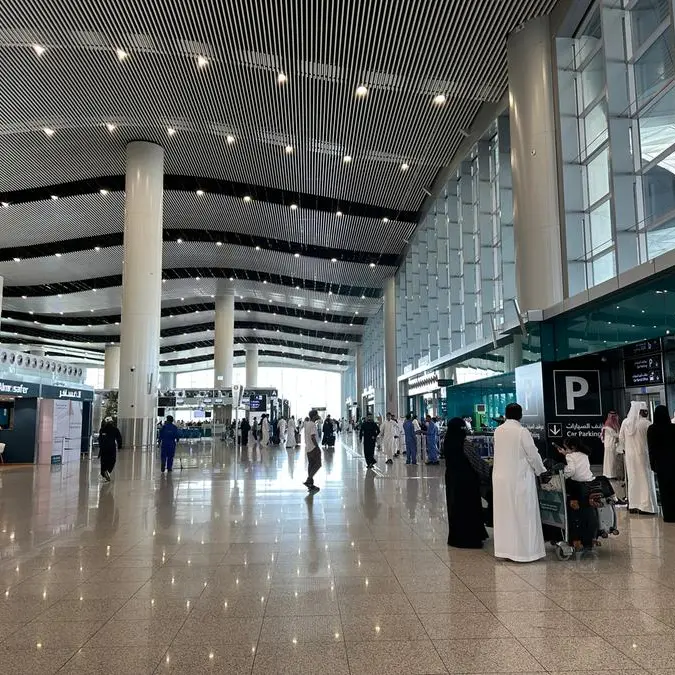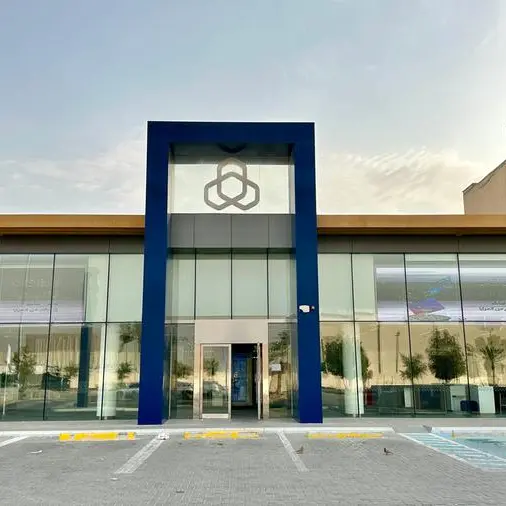Tuesday, May 26, 2015
Traditional retailers are welcoming the Dubai Department of Economic Development’s move to issue new regulations for online consumer electronics retailers operating from the free zones.
Deepak Babani, CEO of Eros Group, said that omnichannel (physical and virtual) retailers cannot compete with the pure online retailers, who the traditional retailers claim are undercutting prices.
Vishesh Bhatia, CEO of Jumbo Group, said that it will be an excellent idea from the DED. It validates the proposition that you supply goods at a proper price and give proper support to the customers.
“The price is the reflection of the service you provide. Cheaper price is just to get attention. There will always be customers who support the price factor and some who seeks comfort, reliability and reliance,” he said.
Ashish Panjabi, COO of Jacky’s Retail, said that Dubai being a free market, pure online retailers can fix their own prices. What it is going to mean is that consumers’ rights are going to be well protected.
Omar Kassim, CEO and founder of JadoPado.com, said that if the new DED rule is going to be imposed, then it will impact sales but retailers will have to “wait and see” what the rule will be.
He said that JadoPado comes under a DED licence and has had discussions with DED before on consumer protection. It does not have traditional retail stores.
“I know that consumer protection is on top of DED’s agenda. Any device we sell is covered under warranty. Some manufacturers offer international warranty, so consumers can walk into any of the vendors’ office for warranty. If manufactures doesn’t offer warranty, then they can come to us,” he said.
But according to DED’s Federal Law for solving consumer complaints, goods must be replaced or repaired as a first instance by the seller. The seller has to inform the consumer of the duration of repairs, and provide a replacement product depending on the type and price of the product and the nature of defect.
“Consumers are entitled to full refund if the repair or replacement does not meet consumer requirements,” DED’s website said.
Praveen, e-commerce manager at Aido.com, operating from Jafza and does not come under DED, said that they are not aware of the new rule and have to “wait and see what the new rule is”. Aido.com also does not operate traditional physical stores.
“It is not going to impact us at all, as all our products come with Aido warranty. We take care of the issues. As of now, we haven’t got any single customer complaints so far. But if undercutting of prices is an issue, then we may get effected,” he said.
When the online retailers come under the DED, Babani said that they are liable for warranty while DED has no control now. The case is different for brick-and-mortar stores. If any customer complaint reaches the department, the trade licence of the retailer could be cancelled or fined.
“Aido is ready to abide by DED rules and come under the DED if need be. Coming under the DED umbrella is good as it adds value as we face stiff competition in the consumer electronics space,” Praveen said.
There are “challenges” in providing protection for consumers. Not all of the pure online retailers are governed by the same rules compared to established physical retailers in the UAE, Panjabi said.
“We have heard from people having bad experiences when dealing with pure online retailers and there is no window to go and complain right now. If consumers buy from an established retailer, he or she can come and shout at the retailer and they are forced to react,” he said.
The chief of Eros, the distributor for Samsung mobile phones in the UAE, said that devices bought from a UAE distributor will get warranty and those purchased from outside will not get warranty from the UAE distributor.
According to Naushad Pava, a customer service agent at mygsm.me, the company provides warranty for parallel imports, and if any issue arises, then the company gets it repaired by the local manufacturer by paying the price from their pocket.
So, some regulation has to come in the “online space to protect consumer rights,” Panjabi said.
The new law is also expected to cover devices that are not in compliance with TRA and Esma regulations.
“Most of the pure online retailers don’t sell the TRA- and Esma-certified devices in the UAE. Most of the white goods category has to be certified by Esma to be sold in the UAE. Apart from DED, TRA and Esma get involved in our business to get the right standard, energy certified and approved devices to be sold in the country,” he said.
He said that online retailers need not be registered as a LLC in Dubai to sell in the UAE; they may be operating from the free zones.
Most of the current pure online retailers get the devices from UAE distributors as well as from other countries and do not stick to the TRA and Esma (Emirates Authority for Standardisation and Metrology) guidelines.
By Naushad K Cherrayil Staff Reporter
Gulf News 2015. All rights reserved.




















